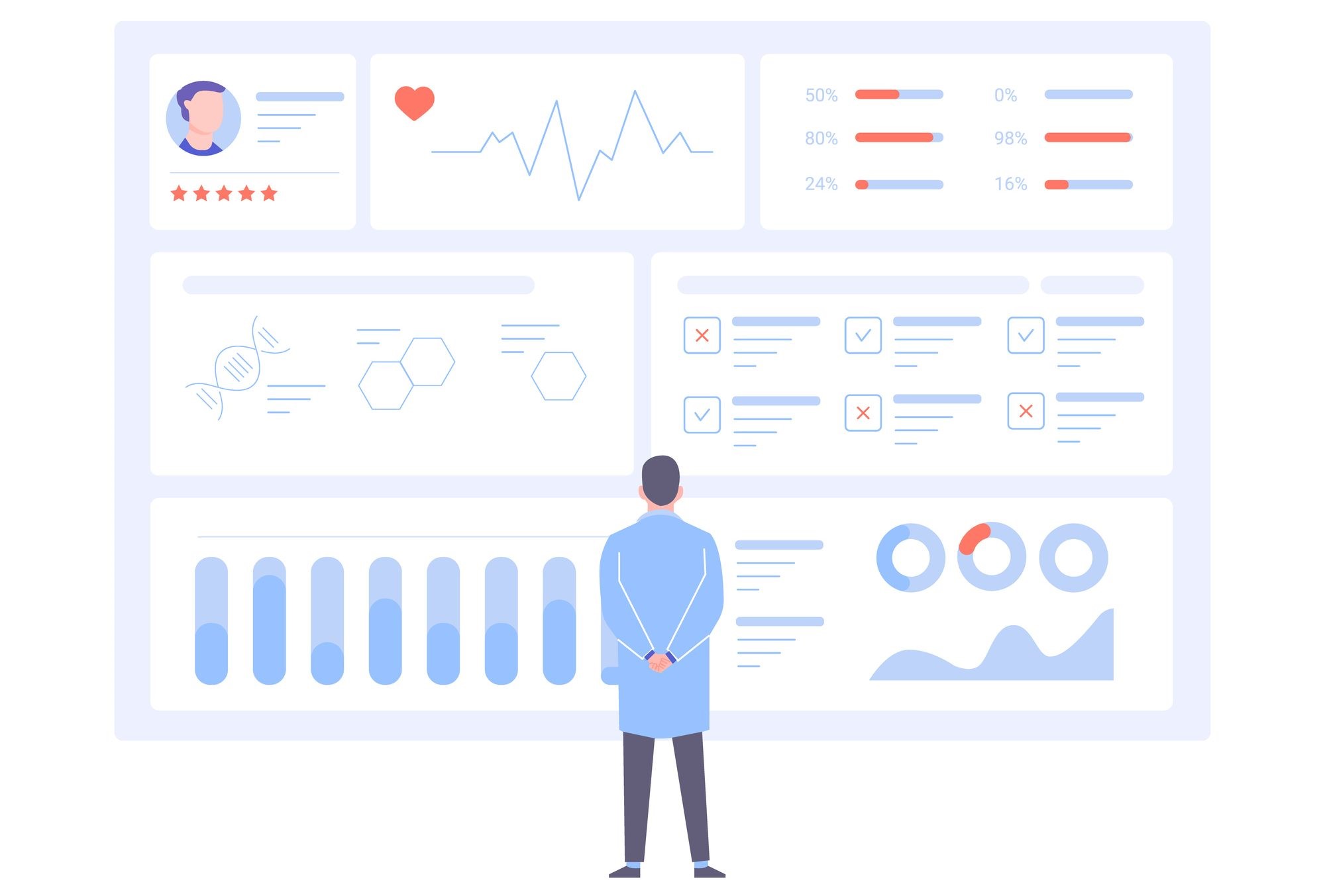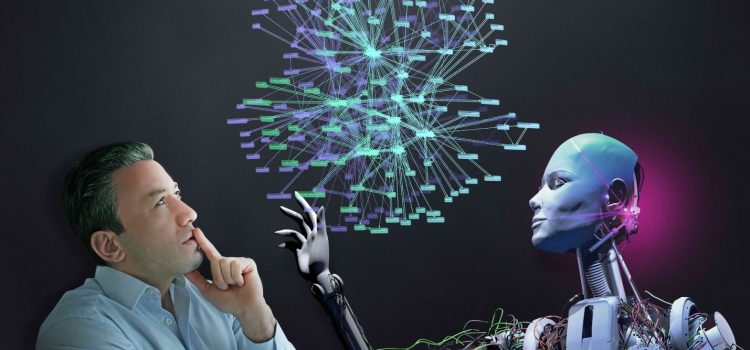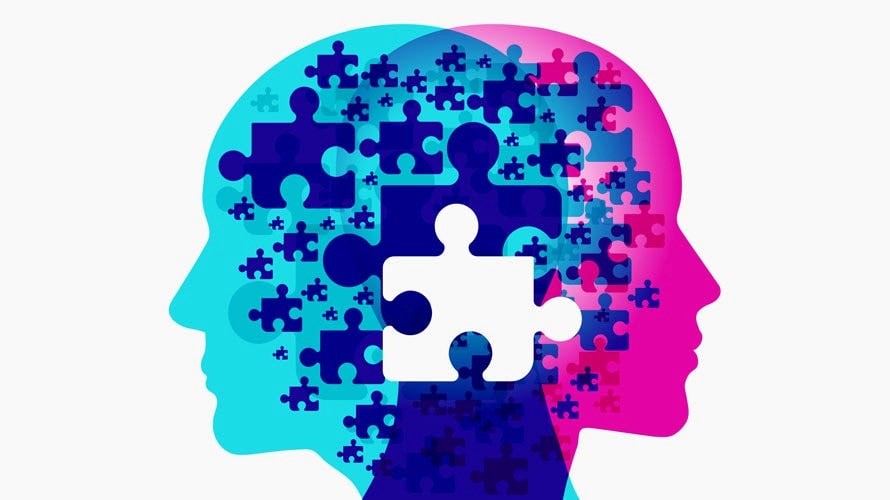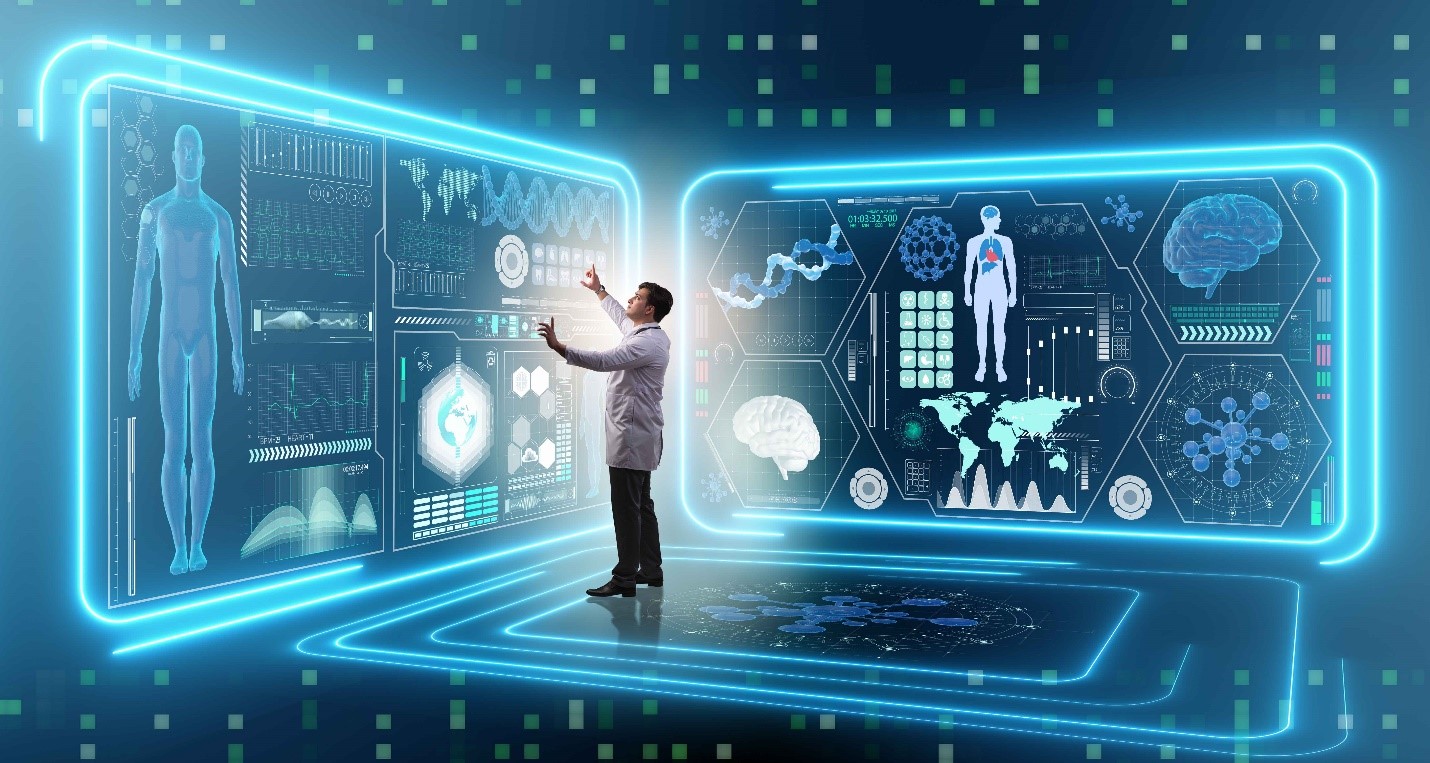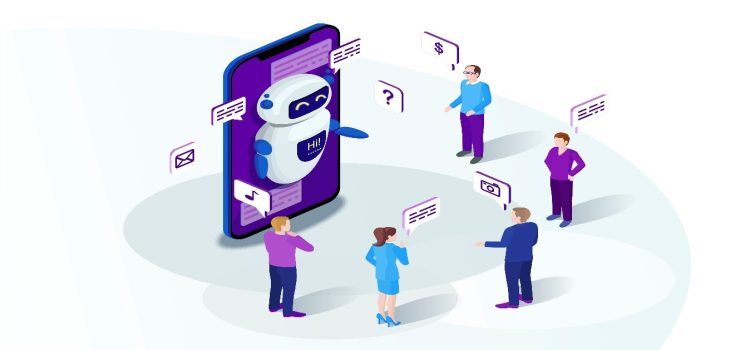
Introduction
When it comes to Australian streetwear, Realism Hoodie has emerged as a game-changer. Born from a passion for bold graphics and high-quality fabrics, this hoodie line captures the spirit of urban life in every stitch. From the lanes of Melbourne to the beaches of Sydney, Realism Hoodie blends comfort with edge, making it the go-to brand for anyone who wants to stand out. In this article, we’ll explore the brand’s roots, design philosophy, quality features, styling ideas, and how it’s spearheading an Australia streetwear revolution.
Streetwear is more than just a fashion trend—it’s a lifestyle. In Australia, the streetwear scene is growing fast, and one brand is leading the way: Realism Clothing. With bold designs, oversized fits, and quality that stands out, Realism Hoodies are becoming the go-to choice for streetwear lovers across the country.
Whether you’re new to streetwear or already living in oversized hoodies, there’s a reason everyone’s talking about the Realism Hoodie. In this post, we’ll break down what makes it special, why it’s perfect for the Australian fashion scene, and why the SSS Realism Hoodie is a must-have in your wardrobe.
What Is the Realism Hoodie?
The Realism Hoodie is the signature item from Realism Clothing, a streetwear brand that’s quickly gaining recognition in Australia. Known for its oversized fit, high-quality materials, and minimalist yet bold designs, the hoodie blends comfort with style.
It’s not just another hoodie—it’s a statement piece.
You can wear it with jeans, cargos, shorts, or track pants. Dress it up or down. It’s designed to be versatile, durable, and stylish in any setting.
Why Australians Love Realism Clothing
Australia’s fashion scene is unique. We love comfort, we love practicality, and we also love to stand out. That’s why the Realism Hoodie Australia edition is such a hit. It checks all the boxes:
- Oversized comfort that suits our laid-back lifestyle
- Street-inspired design that fits perfectly with urban culture
- Local brand support, with Realism Clothing designed for Aussies by Aussies
In places like Melbourne, Sydney, Brisbane, and Perth, you’ll see more and more people rocking Realism Clothing at music festivals, skateparks, uni campuses, and in the city streets.
What Makes the Realism Hoodie Stand Out?
Here are a few reasons the Realism Hoodie is becoming a favourite across Australia:
Premium Quality Materials
Realism Clothing uses thick, soft, and breathable cotton blends. It feels premium, looks sharp, and holds up even after multiple washes.
Perfect Oversized Fit
Not too baggy, not too tight. The fit is ideal for that relaxed streetwear vibe Australians love. Whether you’re heading out or chilling at home, you’ll stay comfortable and on-trend.
Minimalist Yet Bold Design
The designs are clean—often featuring subtle logos, embroidered details, or powerful messages. This makes it easy to match with anything in your wardrobe.
The SSS Realism Hoodie Collection
One of the most talked-about drops is the SSS Realism Hoodie. It’s part of a limited collection that mixes sleek street design with bold branding. Think standout prints, strong colours, and a fit that screams confidence.
How to Style a Realism Hoodie
You don’t need to be a fashion expert to style a Realism Hoodie. Here are some easy outfit ideas:
- Casual Street Look: Pair your hoodie with baggy jeans and white sneakers. Add a cap or beanie for extra edge.
- Athleisure Fit: Wear it with track pants and running shoes. Perfect for everyday errands or relaxed weekends.
- Layered Winter Vibe: Throw a long coat or puffer jacket over your hoodie. Add cargo pants and boots to keep warm without losing style.
Whatever your style, the Realism Hoodie Australia edition fits right in.
Where to Buy the Realism Hoodie in Australia
You can find the full collection on Realism Clothing’s official website. The brand ships across Australia, and there are often limited-time drops and hoodie sales. If you want to get your hands on the most popular styles—like the SSS Realism Hoodie—you’ll need to act fast.
These hoodies sell out quickly thanks to high demand and limited stock.
Why Choose Realism Clothing?
Supporting local brands is more important than ever. When you buy from Realism Clothing, you’re not just getting a hoodie—you’re supporting an Australian business that’s built on creativity, quality, and authenticity.
Realism Clothing isn’t trying to copy global brands—it’s creating something unique for Australians who love streetwear. It represents the new wave of homegrown fashion, and the Realism Hoodie is the heart of that movement.
Final Thoughts: Join the Streetwear Movement
If you’re into streetwear or just want a fresh look that blends comfort and culture, now’s the time to get a Realism Hoodie. With its perfect fit, standout style, and connection to Australia’s growing fashion scene, it’s more than just clothing—it’s part of a movement.
So whether you’re browsing for the next hoodie sale, searching for quality streetwear, or simply want to upgrade your style, look no further than Realism Clothing. The revolution has started—and it starts with the Realism Hoodie.
Keywords Used Naturally in Article:
- realism hoodie
- realism clothing
- sss realism hoodie
- realism hoodie Australia














